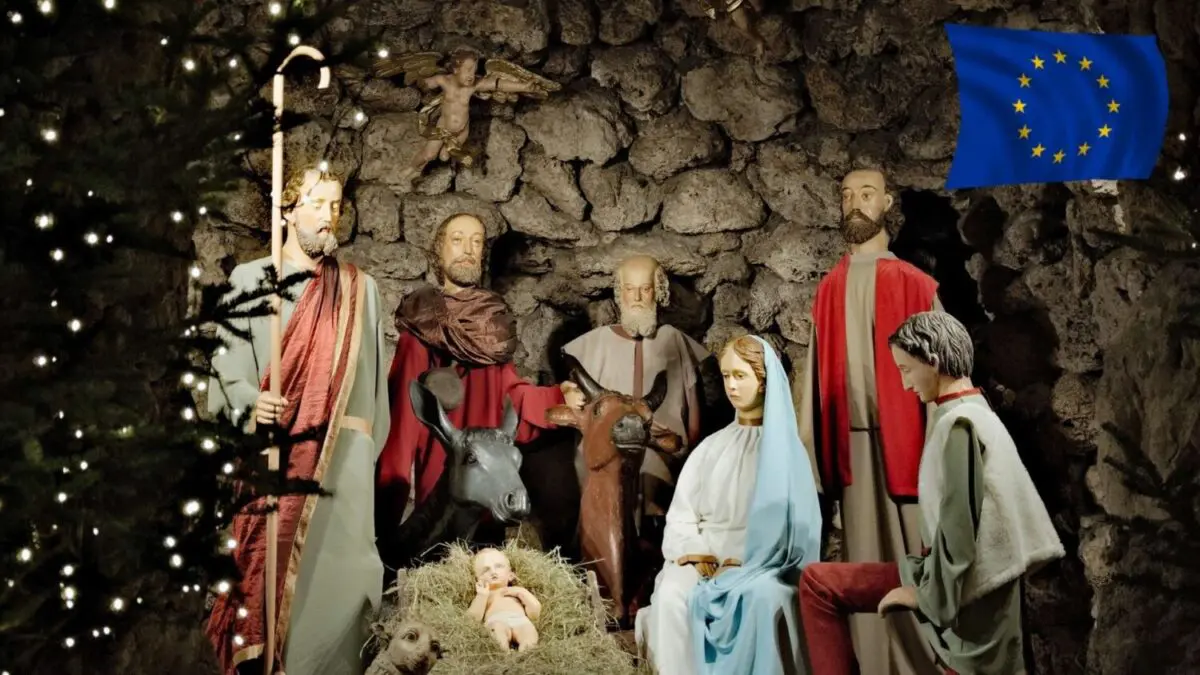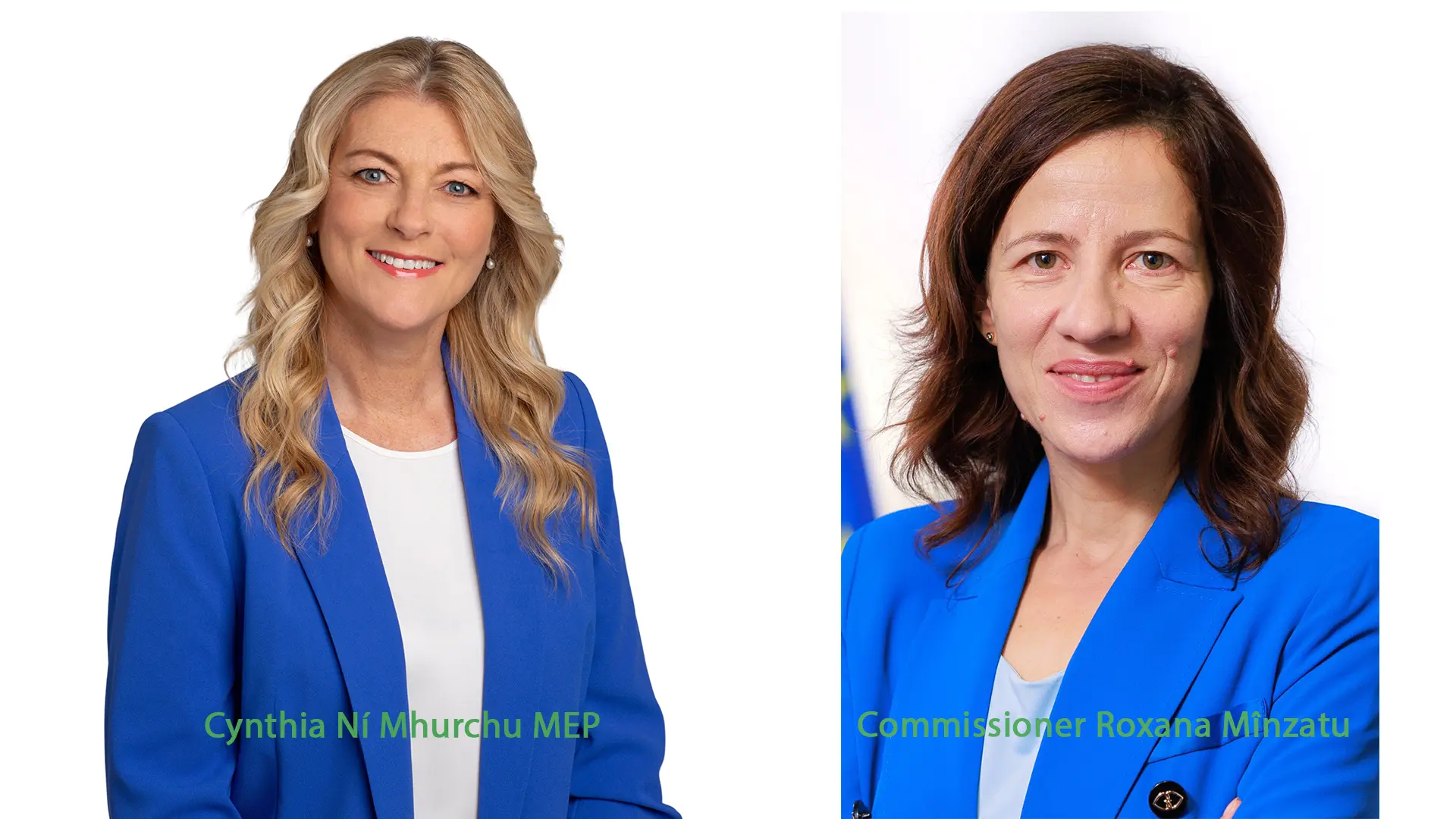As the Christmas holidays approach, heated debates rage over the maintenance of certain Christian traditions in the public sphere. For instance, in Spain in recent years, the placing of nativity scenes in municipal buildings, Christmas plays in public schools, and the organisation of the Three Kings’ parade have been quite controversial.
Now the European Union is at the centre of the debate, as a result of leaked “guidelines for inclusive communication” – backed by Equality Commissioner Helena Dilli – aimed at European civil servants to avoid in their communications any language that could offend citizens’ feelings – or, at best, make them feel like “outsiders” in the European Union – in many different aspects, including religion. To this end, they were recommended to replace the expression “Merry Christmas” with “Happy Holidays” and to avoid the use of names with an unmistakable Christian flavour – such as John and Mary – when exemplifying certain situations.
There is no doubt that pluralism and religious diversity are essential elements of democratic societies. The European Union is no stranger to this reality, as one of its fundamental texts – the Charter of Fundamental Rights – states that it shall respect cultural, religious, and linguistic diversity.
It is important to stress that the Union does not undertake to “promote” diversity but only to “respect” the existing pluralism Respect requires assuming a position of acceptance of one’s own social reality, refraining from any direct intervention on it that seeks to alter its configuration. This conclusion is even more evident when we talk about religious diversity. Any public action in this area would mean intervening in the “free market” of beliefs so that some citizens feel inclined to adhere to a minority faith for the sake of religious pluralism.
Such an attitude would run counter to the secularism or religious neutrality that is one of the fundamental principles guiding the attitude of most European states towards religion. In its most basic meaning, this principle prohibits state identification with any religious denomination, as well as any undue support for one faith over another.
The European Union has not defined its position on religion. The so-called Treaty on the Functioning of the European Union has merely stated that it respects and does not prejudge member states’ patterns of relations in this area. At the same time, however, it recognises the contribution of religious denominations to the shaping of Europe and commits itself to open and transparent dialogue with them. At least two conclusions can be drawn from this regulation. On the one hand, that the Union does not identify with any religious belief and, on the other, that it dissociates itself from laicist/secularist positions, i.e. hostility towards religion.
When linking these two dimensions – diversity and religious neutrality – it is hardly surprising that these guidelines were withdrawn immediately. Religious diversity results from the peaceful exercise of religious freedom by individuals – enshrined in the European Charter of Fundamental Rights – who can freely adhere to a religious belief, change religion or remain completely aloof from the religious phenomenon. It, therefore, arises spontaneously from society and cannot be artificially created through public policies, as this would interfere with the fundamental rights of citizens.
Therefore, when it comes to religious diversity the only role that the European Union – and the member states – has to play is to manage it properly. That implies, firstly, guaranteeing the equality of all citizens in the exercise of their rights and freedoms, eliminating situations of discrimination (based on their religion). Secondly, to resolve any tensions that may arise between competing social groups, not by supporting one of them to the detriment of others, but by creating the conditions so that they can tolerate and respect each other.
In short, proper management of religious diversity does not require making Christianity invisible but rather ensuring that minorities also have their place in the public sphere, which is perfectly compatible with respect for the traditions and culture of the peoples that make up European society.






